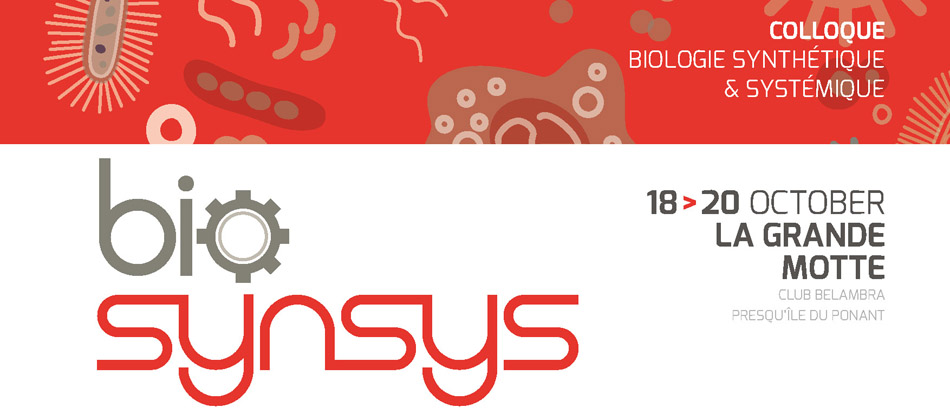Mollicutes are small bacteria without cell wall and about 1 Mbp genome with a low G-C content. They are responsible for diseases in many hosts, in the plant and animal kingdom. The interest of the scientific community towards these species has been recently renewed by successful first genome synthesis and transplantation experiments, with an increasing demand for efficient genetic tools.
CRISPR/Cas is a programmable RNA guided nuclease that has been recently used in many applications in the field of genome engineering and genome editing. Cas9 derived from Streptococcus pyogenes (SpCas9) is the most commonly used orthologue for genome engineering. Limitations in the application of CRISPR tools are the delivery or the expression of the Cas9 protein in cells, the specificity and efficiency of cleavage and the distribution of PAM sequences in genomes.
The CRISPR/Cas9 tools have recently been developed for the engineering of mycoplasma genomes cloned in yeast. Modified genomes can then be back-transplanted into a mycoplasma recipient cell to generate living bacteria. In our hands, the efficiency of the SpCas9-based method for in-yeast engineering of bacterial genome varied from 10 to 20%.
In order to increase the efficiency of the tools for in-yeast engineering and develop a way to modify mycoplasma genomes directly inside bacterial cells using the CRISPR/Cas system, we started characterizing a new Cas9 derived from Mycoplasma gallisepticum. This protein is 128 amino-acid smaller than the one of S. pyogenes and belongs to the II-A subtype. The PAM sequence (NNNAAAA) is different than the one of S. pyogenes (NGG), in accordance with the low G+C content of mycoplasma genomes.
Besides functionally characterizing the first natural CRISPR system in mycoplasmas, this work will provide the community a new Cas9 orthologue with smaller size and a PAM-specificity very different from the one of S. pyogenes for better delivery, expression and efficiency in organisms or organelles with low G-C content.

 PDF version
PDF version
